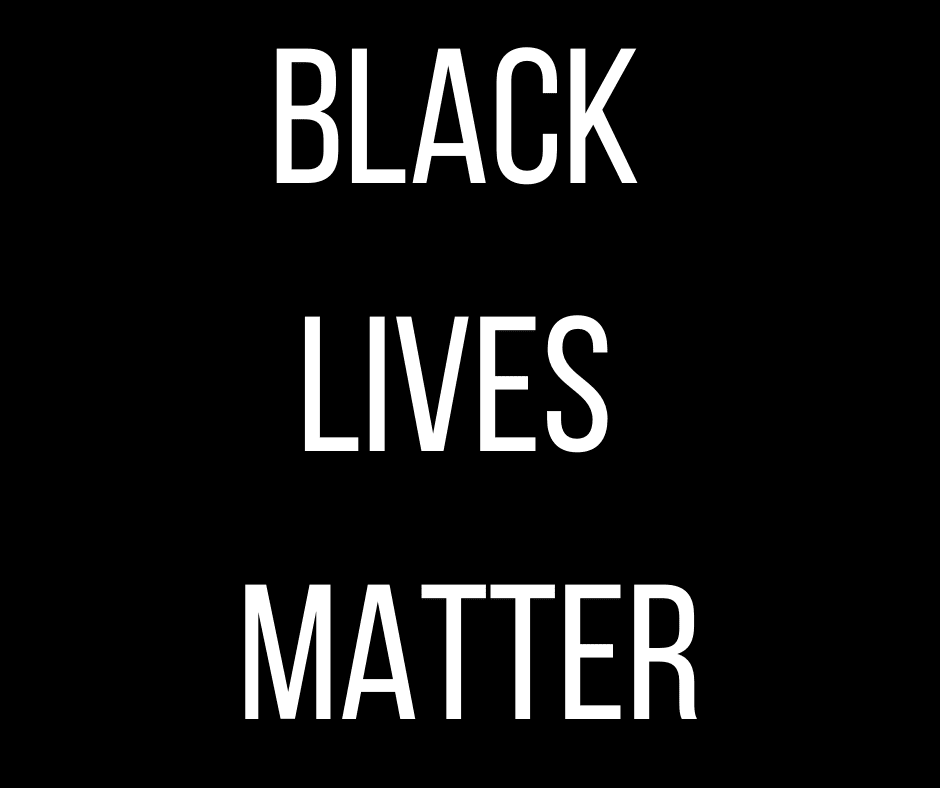Yesterday, REACH’s Executive Director, Laura Van Zandt, sent a version of this message to our staff and board addressing the events happening across the country and we wanted to share it with all of you.
We do this work because we believe change is possible. Some days, that feels harder than others. The pain and death that is disproportionately impacting people of color and Black Americans in particular is all around us. We know that our work at REACH is part of a larger movement and that addressing and ending domestic and sexual violence means working to change systems of oppression. This is our work. And how we do it matters.

Working against systems of oppression is the work we do together. And we have our own work. As a white person, I know that I have a role in perpetuating systems of oppression. I have bias. I benefit from white supremacy. I hurt people and that hurt impacts my personal and professional relationships. I am talking to my children and my partner about what is happening and why. I am speaking to my white neighbors about kneejerk reactions to news of police brutality, protests, and riots. I am working to hold myself accountable to the words I write and say.
There is already so much happening in the US with the coronavirus and the destruction it reaps. There is collective and individual trauma impacting families and communities with glaring differences. State and interpersonal violence goes on within this greater context.
Our training team is moving forward with the summer training institute this week. They weren’t sure if it was the right thing to do at this time. Deb Heimel, REACH’s Associate Executive Director, wrote these words that were shared with the training participants.
We decided to still offer the training this week although we weren’t sure if we should. There is a lot going on in the US – first with the coronavirus and now with the protests against racism and police brutality.
This training series has always been hard both mentally and emotionally, as we go through topics of violence, abuse, and trauma and we understand if especially this week, these conversations are hard to be present for. But we wanted to continue to run this training series not out of blindness to the world around us but because it is something we can do to be active in discussing racism and understanding the systems that are in place.
As an organization, we know that domestic violence is about power and control. We need to work against systems of oppression that are based in power and control as well as our individual tendencies to perpetuate bias and racism.
As we go through the different topics in this training, our goal is to discuss how trauma impacts people differently, how the legal system plays out differently for people of different races. We will continue to have these conversations this week and as always – this will challenge myself, my white colleagues and white identified participants to be thinking about our role in perpetuating racism and systems of control.
As advocates reaching beyond domestic violence, we know that fighting racism is our work. Without it, we cannot build healthy and safe relationships for individuals and communities. Let’s do it together.





